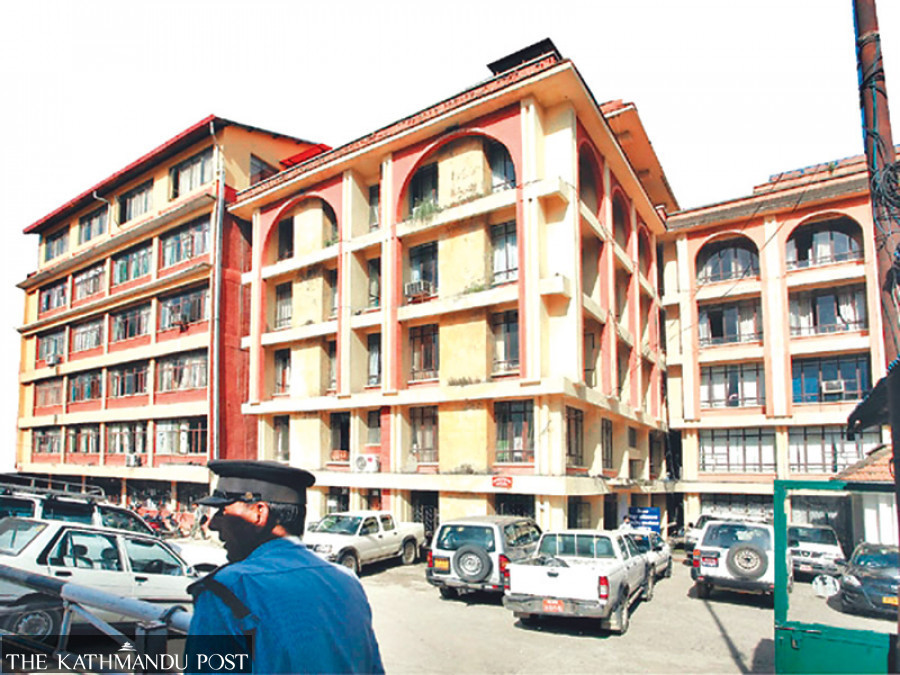Editorial
Corrupting power
Subsidies for farmers have stopped even as the state fails to collect electricity dues from industrialists.
The energy ministry and the new leadership of the Nepal Electricity Authority have shown unusual lethargy in the recovery of billions of rupees 59 industrial and commercial firms owe to the utility. The government has failed to collect charges for uninterrupted electricity supply from dedicated feeders and trunk lines to the profit-making companies—the dues stem from the period between July 2015 and June 2022, at a time common consumers were reeling under up to 18 hours of power cuts a day.
This issue has been needlessly complicated, causing the state big losses despite several state agencies directing the ministry and the authority to recover the money. There are court orders, the decision of the Public Accounts Committee of the federal parliament and the report of the inquiry commission led by former Supreme Court justice Girish Chandra Lal as references to implement the decision. Also, the Commission for Investigation of Abuse of Authority, the Attorney General, and the Electricity Regulatory Commission and the then Electricity Tariff Fixation Commission have made important decisions in this connection.
The years-long saga exposes the state authorities’ failure to fulfill their duty. Due to the dispute over the payment, the government had formed the Lal Inquiry Commission in January 2024 with a mandate of studying the matter and recommending solutions. It’s been over a year since the commission submitted its report on May 7, 2024. After that, although some initiatives were taken to recover the money, the issue was badly politicised. While then NEA managing director Kulman Ghising pushed hard to recover the money, he couldn’t do so after Energy Minister Deepak Khadka repeatedly intervened. Ghising had cut off power supply to the companies defaulting on the bills, which in turn had forced some of them to make partial payments. The minister however stopped Ghising from taking further action against them. The government later sacked the NEA chief and replaced him with Hitendra Dev Shakya. The minister’s obstruction of Ghising and Prime Minister KP Sharma Oli’s backing of Khadka was suspected as part of a ploy to serve the interest of the defaulting industrialists.
The continued dillydallying of the NEA and the ministry in recovering billions from the companies has substantiated the suspicion. Even in other cases, for instance while formulating land-related laws, the Oli government has been accused of working in the interest of real estate brokers instead of trying to resolve the problems of genuine squatters and landless people. It is the government’s duty to create an investment- and business-friendly environment but unusual hobnobbing of key leaders of this coalition with interest groups is doing just the opposite by promoting crony capitalism. The Oli administration has stopped the subsidy being provided to poor sugarcane farmers citing lack of budget. But then it is reluctant to collect its rightful dues from rich industrialists.
Separately, the Oli government in April introduced a provision in its newly amended anti-corruption law that penalises public officials not only for the abuse of authority but also for inaction and indecision. Under the amended Act, any public official found deliberately delaying decision-making—without a valid reason—and which results in a loss to public institutions or individuals, is punishable. But this appears to be no more than a gimmick. With what moral authority can the government take action against civil servants for failing to carry out their duties when the members of the executive organ are themselves seen to be working for vested interests?




 9.7°C Kathmandu
9.7°C Kathmandu














